Denis Law obituary: fond farewell to 'the King of the Stretford End'
Scottish footballer who was one of Manchester United's 'Holy Trinity' has died aged 84
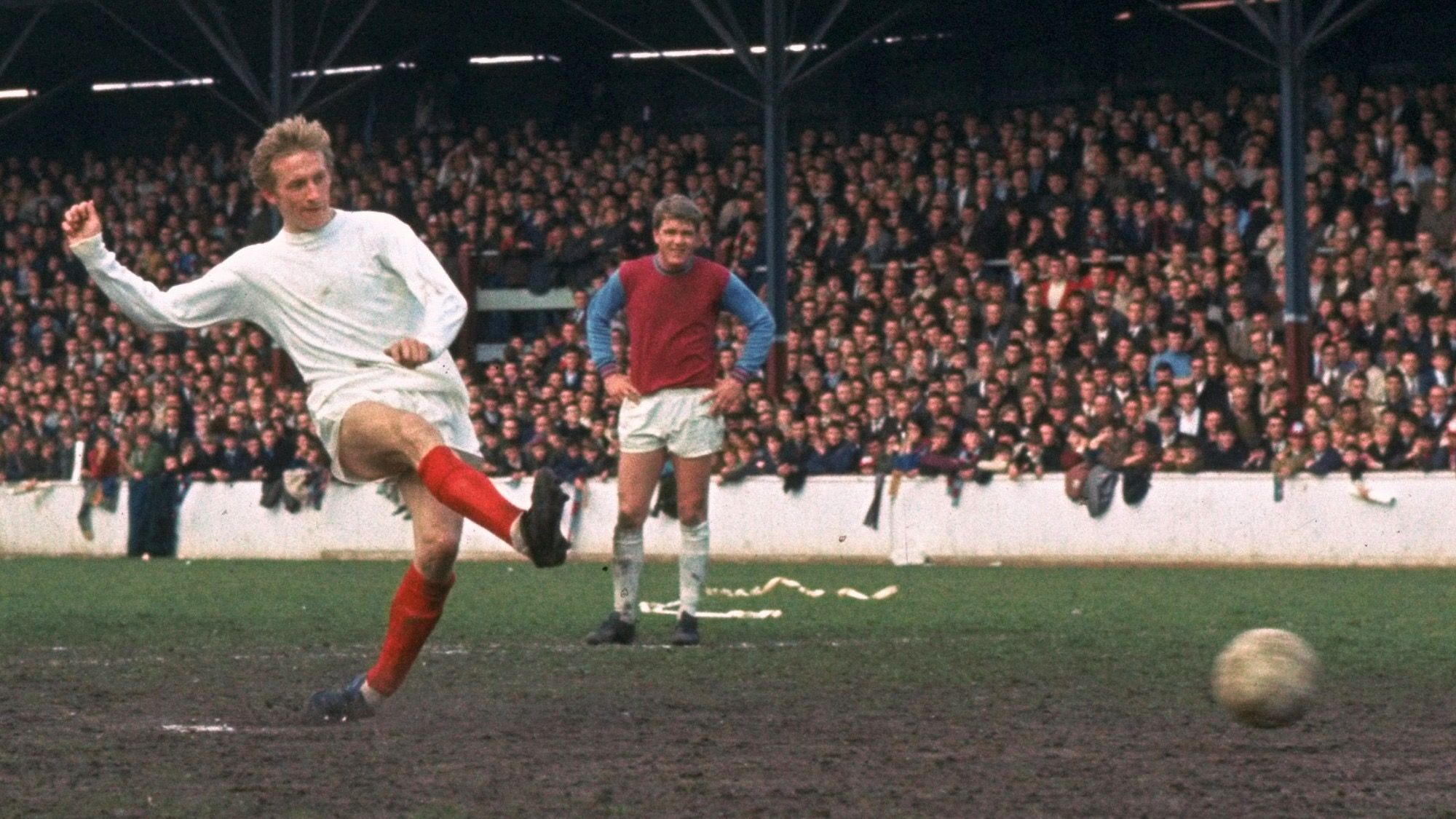
A free daily email with the biggest news stories of the day – and the best features from TheWeek.com
You are now subscribed
Your newsletter sign-up was successful
On "windswept touchlines" in Aberdeen in the 1950s, people began to talk with excitement about a "puny, bespectacled kid with a squint who was somehow ramming home goals for his school and boys' club teams", said Michael Grant in The Times.
Small, thin and scrawny, with a terrible squint that forced him to wear glasses, there was little to suggest Denis Law "would make it as a footballer". Yet even while at primary school, he found the net with such regularity that his exploits frequently appeared in local papers.
In time, Law would go on to become one of the all-time greats of the British game – the scorer of 237 goals for Manchester United – placing him third on the club's all-time list, behind Bobby Charlton and Wayne Rooney – and arguably Scotland's greatest-ever footballer.
The Week
Escape your echo chamber. Get the facts behind the news, plus analysis from multiple perspectives.

Sign up for The Week's Free Newsletters
From our morning news briefing to a weekly Good News Newsletter, get the best of The Week delivered directly to your inbox.
From our morning news briefing to a weekly Good News Newsletter, get the best of The Week delivered directly to your inbox.
His legendary status at Old Trafford – where he was known as "the King of the Stretford End" – was reflected in the emotional tributes paid to him following his death last week at the age of 84.
Humble beginnings
The son of a fisherman, and one of seven children, Law grew up in a house without central heating and often slept "three to a bed", said The Telegraph. He "learnt his football skills by making do with a ball of wool suspended from a hook in the kitchen".
At 15, he signed for Huddersfield Town, where he was told that to do well he'd need corrective surgery on his squint. The operation, as he later said, changed his life. Law "emerged from hospital a more confident teenager" and, in 1960, was signed by Manchester City, then in 1961 by the Italian club Torino.
His time there was unhappy, however: the "negative mentality" of the football didn't suit his attacking style, and he left Torino after just 27 appearances. In July 1962, Manchester United signed him for a then British record of £115,000. United at this time was a club still reeling from the Munich air disaster four years earlier, said Sachin Nakrani in The Guardian. In Sir Matt Busby's "masterfully constructed" side, Law was deployed alongside George Best and Bobby Charlton: the trio became known as the "Holy Trinity".
A free daily email with the biggest news stories of the day – and the best features from TheWeek.com
Law's early years at United were prolific: in 1963-64, he scored 46 goals in all competitions – still a club record – and the next year was Division One's top scorer as United won their first league title since Munich. (He won the Ballon d'Or the same year – the only Scot ever to do so.) In 1968, he missed out on "United's defining success of the era" – victory in the European Cup – because of a knee injury. His mood was "only slightly lifted" when Busby visited him in hospital a day after United beat Benfica in the final, bringing the trophy with him.
Fearless to the end
"Brave, athletic and spring-heeled", Law was an "instinctive" footballer who could score goals of many types, from leaping headers to deft flicks from low crosses, said The Times. "Even his tap-ins were a thing of predatory beauty." He was known, too, for his "regal" celebrations: arm raised, one finger pointing skywards, the others gripping the cuff of his shirt.
Although he was Scottish, he was "beloved of English football fans", but the affection wasn't always returned, said Richard Williams in The Guardian. A fierce patriot, Law described England's World Cup victory in 1966 as "the blackest day of my life", and gave no quarter to English club teammates when he faced them in internationals. In 55 caps for Scotland, he scored 30 goals – making him equal all-time top-scorer with Kenny Dalglish.
As a player, Law exhibited "absolute fearlessness", said Ian Herbert in the Daily Mail. And that spirit never left him: it was still evident four years ago, when he revealed he had Alzheimer's, and "described very precisely how the illness was limiting him". After Sunday's tribute, the fans at Old Trafford watched their team lose 3-1 to Brighton. What they wouldn't give for United's current side to display a fraction of Law's "warrior spirit".
-
 How the FCC’s ‘equal time’ rule works
How the FCC’s ‘equal time’ rule worksIn the Spotlight The law is at the heart of the Colbert-CBS conflict
-
 What is the endgame in the DHS shutdown?
What is the endgame in the DHS shutdown?Today’s Big Question Democrats want to rein in ICE’s immigration crackdown
-
 ‘Poor time management isn’t just an inconvenience’
‘Poor time management isn’t just an inconvenience’Instant Opinion Opinion, comment and editorials of the day
-
 The price of sporting glory
The price of sporting gloryFeature The Milan-Cortina Winter Olympics kicked off this week. Will Italy regret playing host?
-
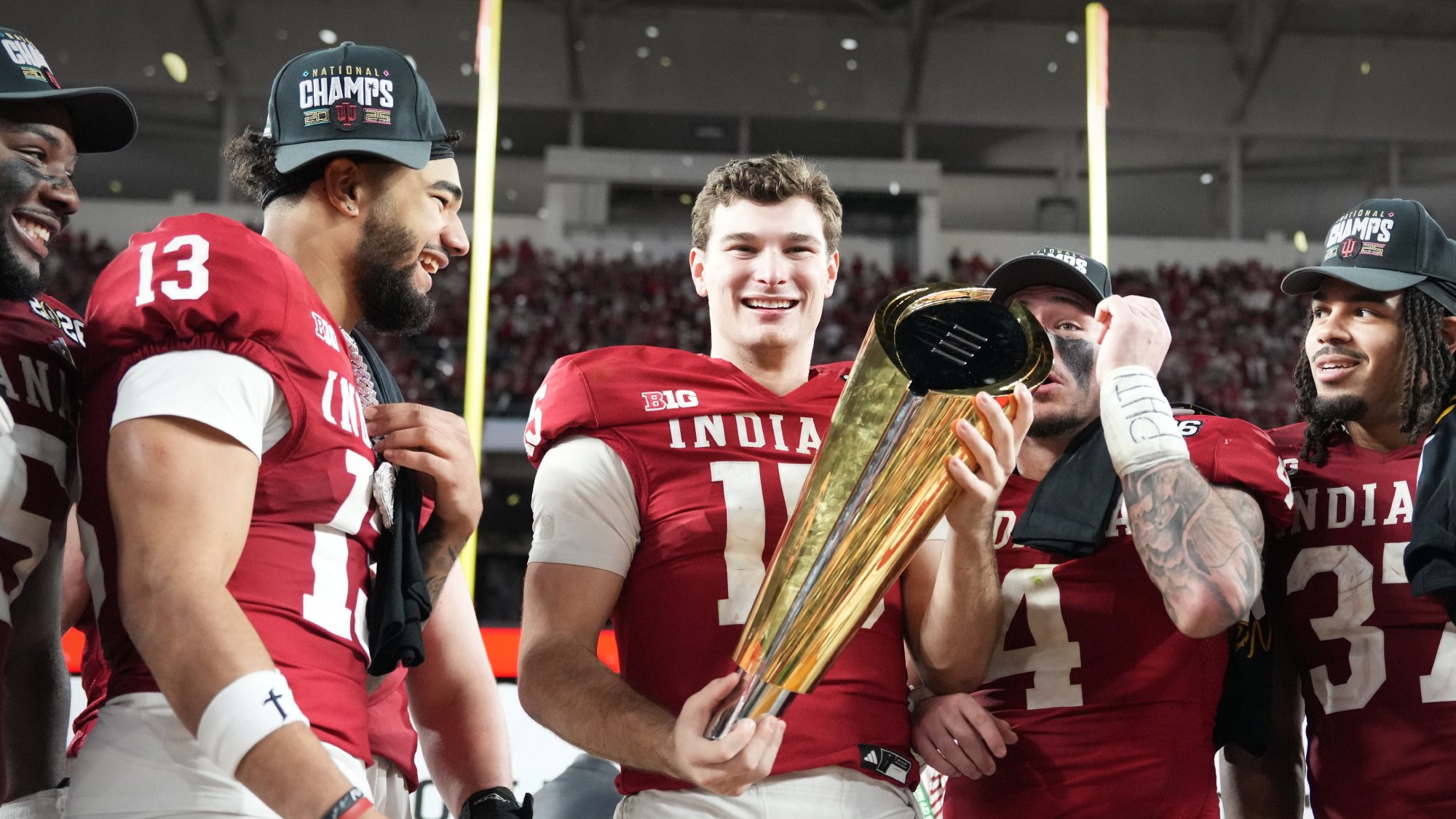 Indiana beats Miami for college football title
Indiana beats Miami for college football titleSpeed Read The victory completed Indiana’s unbeaten season
-
 Who is to blame for Maccabi Tel Aviv fan-ban blunder?
Who is to blame for Maccabi Tel Aviv fan-ban blunder?Today’s Big Question MPs call for resignation of West Midlands Police chief constable over ‘dodgy’ justification of ban from Aston Villa match, but role of Birmingham Safety Advisory Group also under scrutiny
-
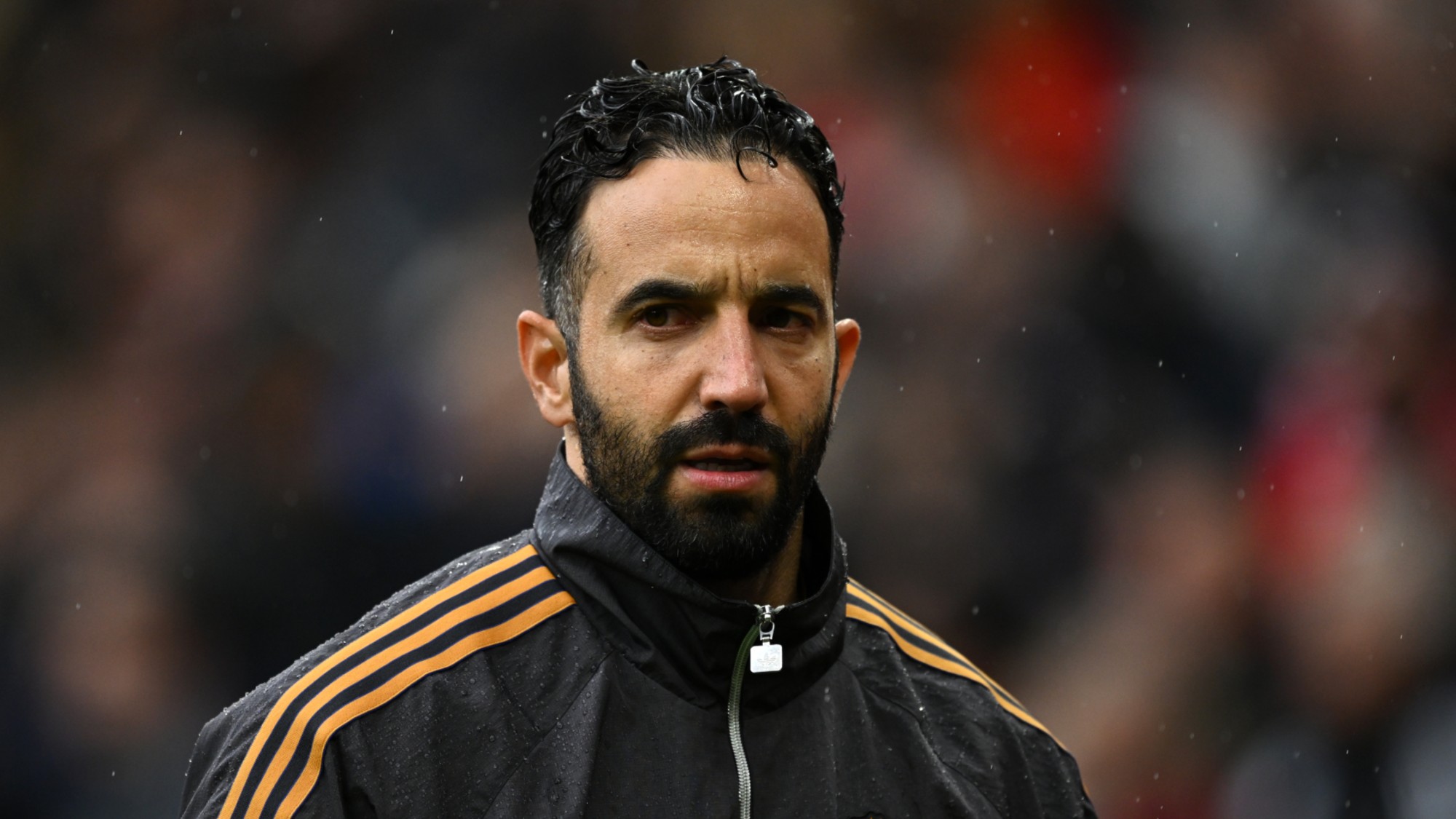 Amorim follows Maresca out of Premier League after ‘awful’ season
Amorim follows Maresca out of Premier League after ‘awful’ seasonIn the Spotlight Manchester United head coach sacked after dismal results and outburst against leadership, echoing comments by Chelsea boss when he quit last week
-
 Coaches’ salary buyouts are generating questions for colleges
Coaches’ salary buyouts are generating questions for collegesUnder the Radar ‘The math doesn’t seem to math,’ one expert said
-
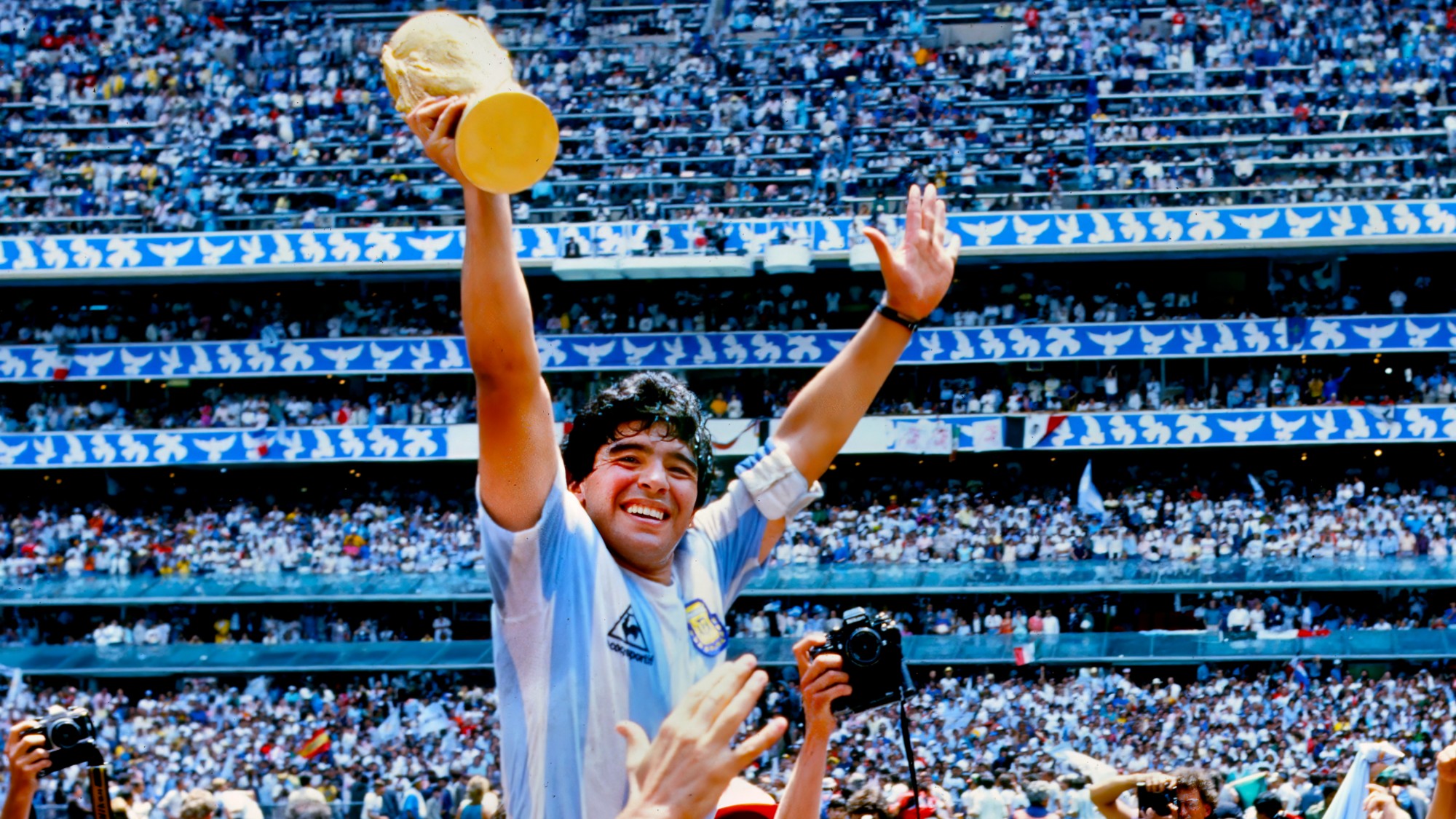 Five years after his death, Diego Maradona’s family demand justice
Five years after his death, Diego Maradona’s family demand justiceIn the Spotlight Argentine football legend’s medical team accused of negligent homicide and will stand trial – again – next year
-
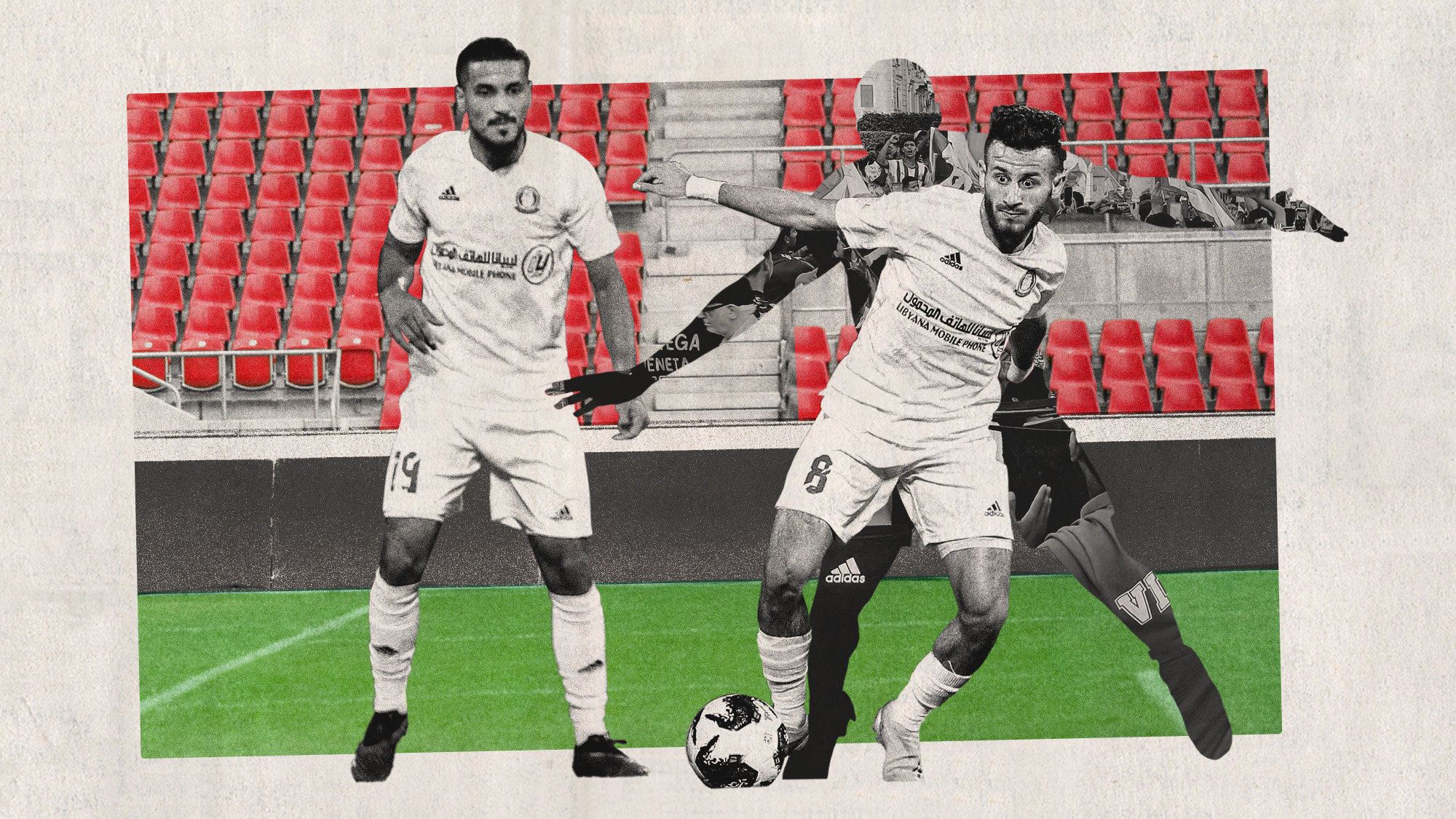 Libya's 'curious' football cup, played in Italy to empty stadiums
Libya's 'curious' football cup, played in Italy to empty stadiumsUnder The Radar 'Curious collaboration' saw Al-Ahli Tripoli crowned league champions in Milan before a handful of spectators
-
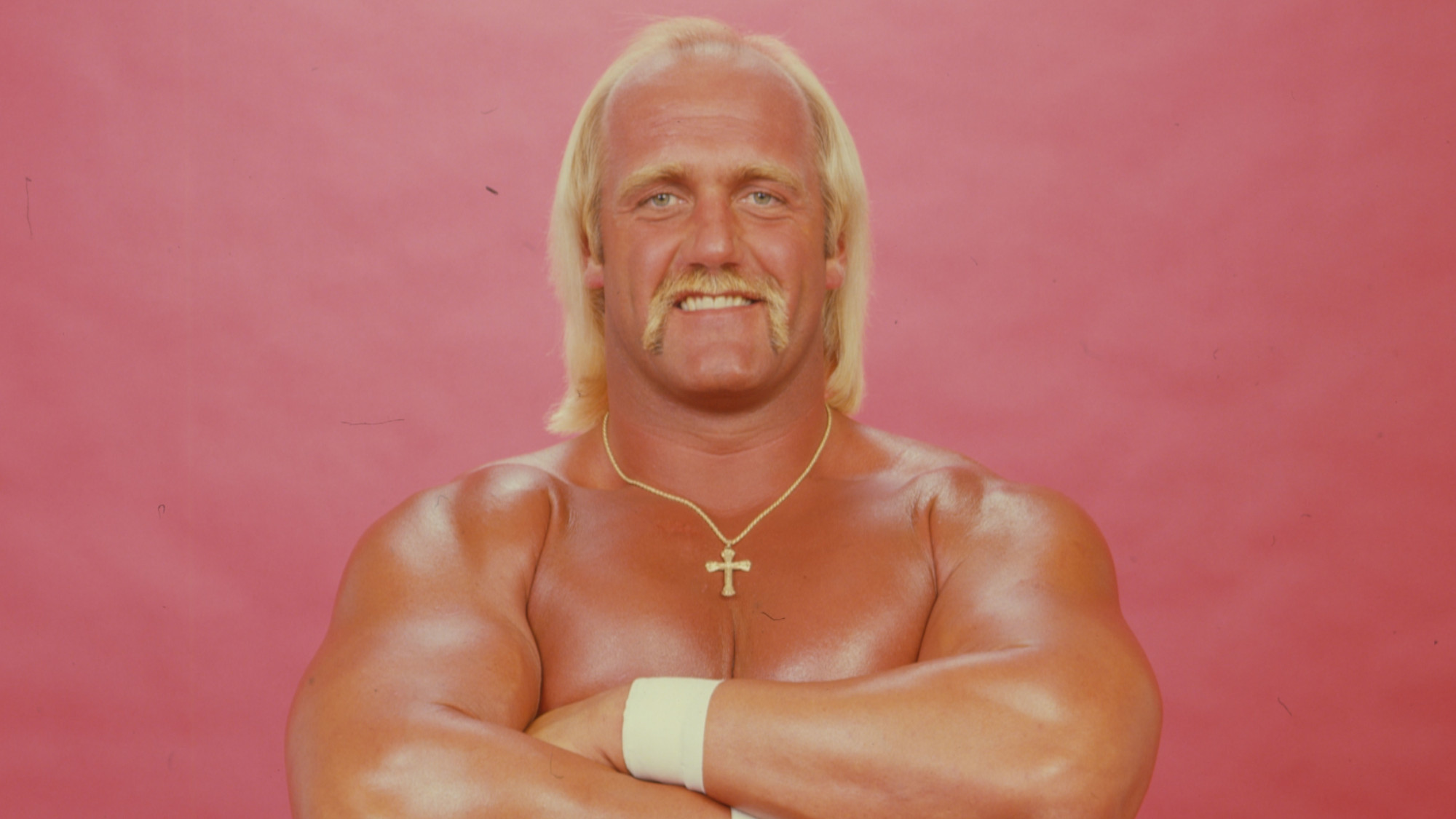 Hulk Hogan
Hulk HoganFeature The pro wrestler who turned heel in art and life